This article was co-authored by Mark Cannon, OD. Dr. Mark Cannon is an Optometrist and Chief of Optometry at Cannon Eyecare, a family-owned optometry practice in Seattle, Washington. With over 10 years of experience, Dr. Cannon specializes in ocular disease, dry eye, glaucoma, eye infection, contact lens fitting, and pediatrics. Dr. Cannon holds a BS in Biology and Psychology from Indiana University. He received his Doctorate in Optometry from Indiana University School of Optometry, where he earned the Dean's Scholar award and participated in years of ophthalmic research. Dr. Cannon worked as an optometrist for four years before founding Cannon Eyecare, which offers full-scope medical optometry services. Dr. Cannon is a member of the American Optometric Association, King County Optometric Society, and the Optometric Physicians of Washington.
There are 12 references cited in this article, which can be found at the bottom of the page.
This article has been viewed 18,455 times.
There are a number of reasons you may feel the need to improve your night vision. You may find glares getting more intense, find yourself struggling to see distinct shapes and objects in low-light environments, or you may be dealing with more significant night blindness. Diminished night vision is a natural part of the aging process. While night vision loss cannot be prevented completely, there are steps you can take to protect and improve your night vision naturally. These include lifestyle adjustments such as eating vitamin A-rich foods, exercising, and protecting your eyes from the sun. Get regular checkups to catch potential vision problems early, and seek medical treatments if necessary. Check out the tips below to learn how you can take steps to improve your night vision.
Steps
Making Lifestyle Changes
-
1Eat foods high in vitamin A. Vitamin A helps convert light into signals that are transmitted to your brain. Adding foods rich in vitamin A to your diet may help keep your eyes strong, especially under low lights.[1] If you have a diagnosed vitamin A deficiency, your doctor may also recommend supplements. Good sources of dietary vitamin A include:[2]
- Sweet potato, with skin. A single baked sweet potato contains 561% of the recommended daily value (DV) of vitamin A for adults.
- Beef liver. 3 oz (85 g) contains 444% DV.
- Spinach. ½ a cup (118 ml) of boiled spinach contains 229% DV.
- Raw carrots. ½ a cup (118 ml) contains 184% DV.
- Pumpkin. 1 slice of pumpkin pie contains about 249% DV.
- Raw cantaloupe. ½ a cup (118 ml) contains 54% DV.
- Other foods rich in vitamin A include sweet red peppers, mangos, black-eyed peas, dried apricots, and broccoli. Treat yourself to a vitamin A-rich dessert by having 1 cup (about 240 ml) of soft-serve French vanilla ice cream.
-
2Treat any dry eye problems. Dry eyes can lead to light scattering, which can impede your ability to see well in low-light conditions. Use a lubricating eye drop throughout the day and lubricating ointments at night to help get rid of any dryness you may experience throughout the day.[3]
- Talk to your optometrist about what product is right for you. They may be able to help you identify the best over-the-counter product for your needs. If over-the-counter drops do not work well for you, they may be able to provide you with prescription drops.
Advertisement -
3Get at least 30 minutes of aerobic exercise every day. Exercise is not only good for your health, but research suggests that regular aerobic activity helps keep your eyesight strong, too. If you can, aim to get at least 30 minutes of moderate to vigorous activity a day for maximum health benefits.[4]
- If you are crunched for time, try getting in 3 10-minute walks instead of a single 30-minute jog. The critical thing is to make sure you get a little physical activity every day.
- Spice up your exercise routine by incorporating a fun social workout, such as Zumba or line dancing. Go for walks or jogs with a buddy, or join a walking or biking club.
Adjusting to Your Environment
-
1Wear sunglasses during the day.[5] Sunglasses not only help protect your eyes from the sun, they also help reduce the amount of time it takes for you to adjust to the dark. Look for a pair of sunglasses that provide 100% UVA/UVB protection, and wear them any time you anticipate being in sunny conditions.[6]
- Too much exposure to blue light, such as the light that comes from computer and smartphone screens, can also damage your night vision.[7] Lenses that are tinted amber or brown can help filter out blue light as well as UVA and UVB.
- Wear your sunglasses even if you are only going to be in a bright environment for a short amount of time.
-
2Ask your optometrist about red-tinted glasses to adjust to low light. This is a common trick among pilots, with some scientific evidence to back it up.[8] Glasses with red lenses help simulate darkness, allowing you to adjust to low light before the sun actually sets. Ask your optometrist for advice about whether you can benefit from red-tinted glasses, and how best to use them.
-
3Keep your glasses and windows clean. Smudges on lenses or car windows can scatter light and make seeing properly at night more difficult. Be sure to keep your windows, glasses, and other visual devices clean to help keep images sharp and make the most out of your night vision.[9]
-
4Consult your eye doctor about driving in low-light situations. If you are having a lot of trouble seeing when you drive at night, minimize night driving as much as you can until you have had your vision evaluated. Depending on what is causing the loss of nighttime vision, your doctor may be able to recommend treatments that can improve your night vision and make it safer for you to drive.[10] [11]
Seeking Medical Help
-
1See your doctor immediately if your night vision is degrading quickly. Rapid loss of night vision could be an indicator of a more serious complication or disease. If you notice a sudden or rapid loss of night vision, contact your optometrist or general practitioner immediately.[12]
- Some conditions that may cause vision loss include cataracts, glaucoma, macular degeneration, and diabetic retinopathy.[13]
-
2Make regular optometrist appointments.[14] You should get a complete eye exam, which will include the dilation of your pupils, regularly as recommended by your eye doctor. This will help them identify and create care plans for problems as they arise, which can help preserve your vision as you age. How often you get an exam is based on a few things, including your age and risk factors.
- Generally speaking, those under the age of 65 with no severe vision complications should get an exam every 2-4 years. Those 65 and older should get an exam once a year, or more if recommended by your optometrist.
-
3Look into surgery to remove cataracts. Cataracts can seriously impede night vision, and cataract surgery on qualifying candidates almost always improves night vision. If you know you have cataracts, or if you are experiencing symptoms such as loss of contrast sensitivity, glares, starbursts, or halos, talk to your doctor to see if cataract surgery could help you.[15]
Expert Q&A
-
QuestionWhat causes night vision problems?
 Mark Cannon, ODDr. Mark Cannon is an Optometrist and Chief of Optometry at Cannon Eyecare, a family-owned optometry practice in Seattle, Washington. With over 10 years of experience, Dr. Cannon specializes in ocular disease, dry eye, glaucoma, eye infection, contact lens fitting, and pediatrics. Dr. Cannon holds a BS in Biology and Psychology from Indiana University. He received his Doctorate in Optometry from Indiana University School of Optometry, where he earned the Dean's Scholar award and participated in years of ophthalmic research. Dr. Cannon worked as an optometrist for four years before founding Cannon Eyecare, which offers full-scope medical optometry services. Dr. Cannon is a member of the American Optometric Association, King County Optometric Society, and the Optometric Physicians of Washington.
Mark Cannon, ODDr. Mark Cannon is an Optometrist and Chief of Optometry at Cannon Eyecare, a family-owned optometry practice in Seattle, Washington. With over 10 years of experience, Dr. Cannon specializes in ocular disease, dry eye, glaucoma, eye infection, contact lens fitting, and pediatrics. Dr. Cannon holds a BS in Biology and Psychology from Indiana University. He received his Doctorate in Optometry from Indiana University School of Optometry, where he earned the Dean's Scholar award and participated in years of ophthalmic research. Dr. Cannon worked as an optometrist for four years before founding Cannon Eyecare, which offers full-scope medical optometry services. Dr. Cannon is a member of the American Optometric Association, King County Optometric Society, and the Optometric Physicians of Washington.
Board Certified Optometrist It's best to see your eye doctor to find out what might be causing your night vision problems. There could be different causes, and your doctor can help.
It's best to see your eye doctor to find out what might be causing your night vision problems. There could be different causes, and your doctor can help.
References
- ↑ https://ods.od.nih.gov/factsheets/VitaminA-HealthProfessional/#h3
- ↑ https://ods.od.nih.gov/factsheets/VitaminA-HealthProfessional/
- ↑ https://www.aao.org/eye-health/tips-prevention/dry-eye-tips
- ↑ https://www.mayoclinic.org/healthy-lifestyle/fitness/expert-answers/exercise/faq-20057916
- ↑ Mark Cannon, OD. Board Certified Optometrist. Expert Interview. 24 August 2020.
- ↑ https://www.aoa.org/patients-and-public/good-vision-throughout-life/adult-vision-19-to-40-years-of-age
- ↑ https://www.ncbi.nlm.nih.gov/pmc/articles/PMC4734149/
- ↑ https://www.ncbi.nlm.nih.gov/pubmed/6978127
- ↑ http://www.allaboutvision.com/over40/night-driving-tips.htm
- ↑ Mark Cannon, OD. Board Certified Optometrist. Expert Interview. 24 August 2020.
- ↑ https://www.allaboutvision.com/over40/night-driving-tips.htm
- ↑ http://www.allaboutvision.com/over40/night-driving-tips.htm
- ↑ http://www.allaboutvision.com/over40/night-driving.htm#eyediseases
- ↑ Mark Cannon, OD. Board Certified Optometrist. Expert Interview. 24 August 2020.
- ↑ http://www.allaboutvision.com/conditions/faq-cataract-surgery-night-vision.htm

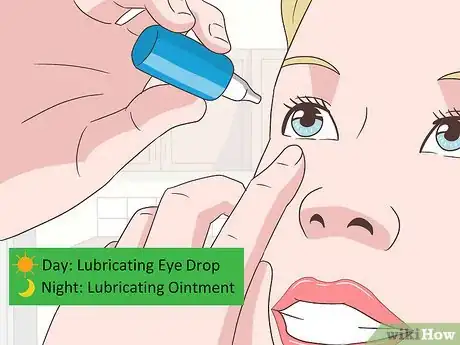
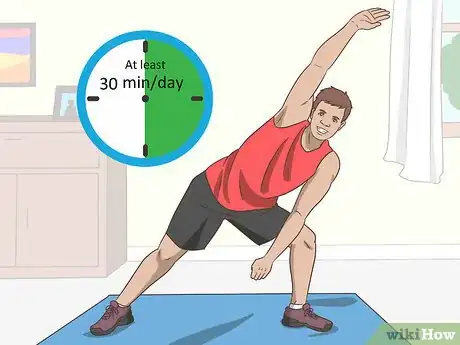
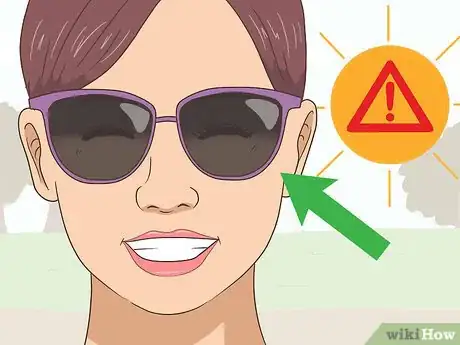

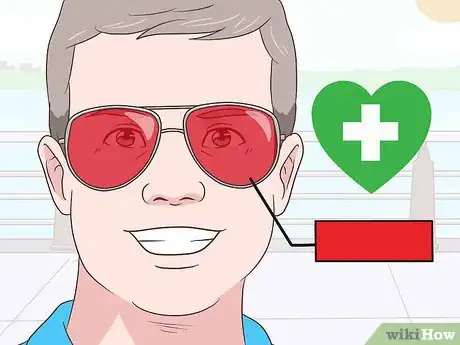
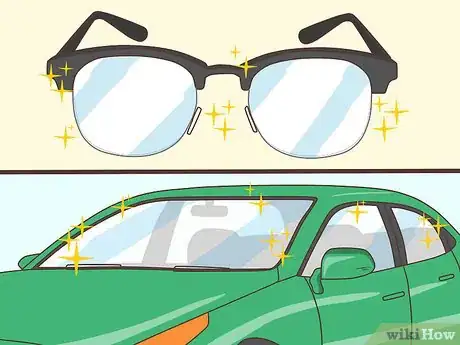
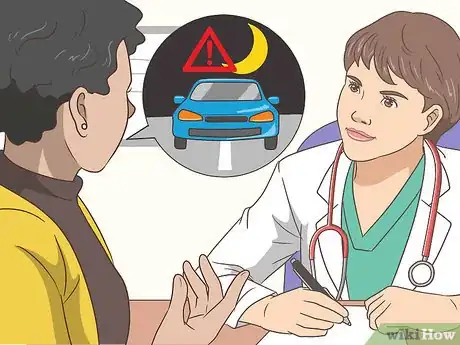
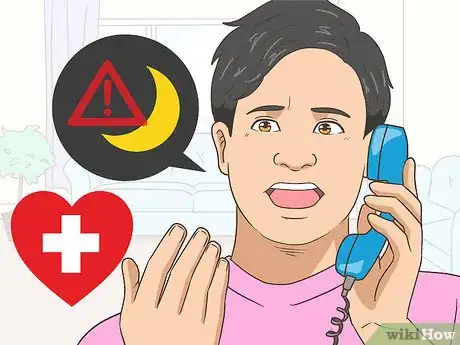
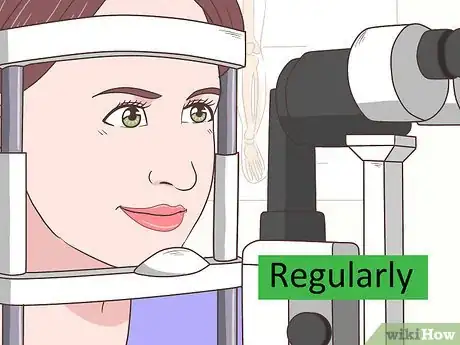
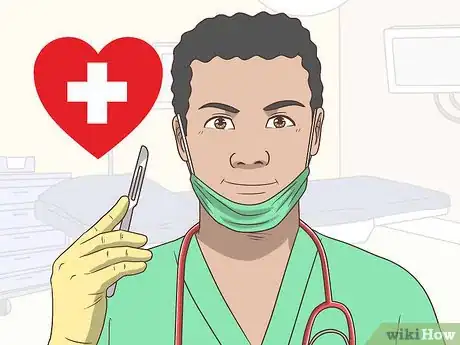
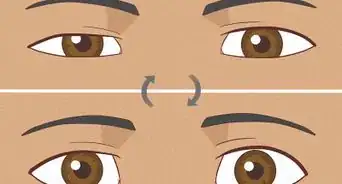
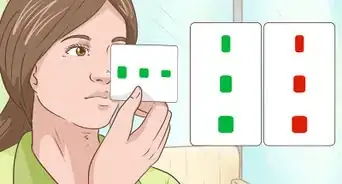
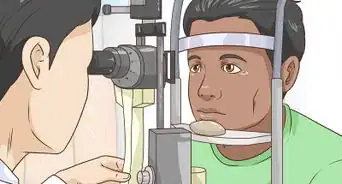
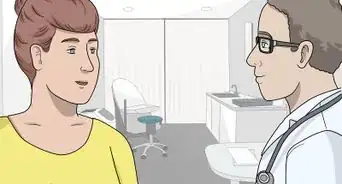




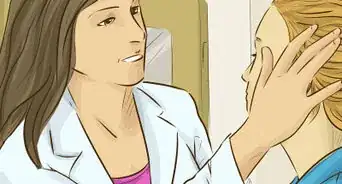




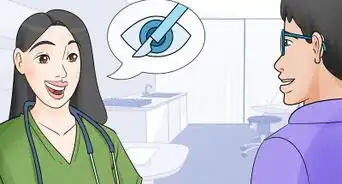






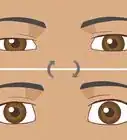

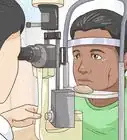




































Medical Disclaimer
The content of this article is not intended to be a substitute for professional medical advice, examination, diagnosis, or treatment. You should always contact your doctor or other qualified healthcare professional before starting, changing, or stopping any kind of health treatment.
Read More...